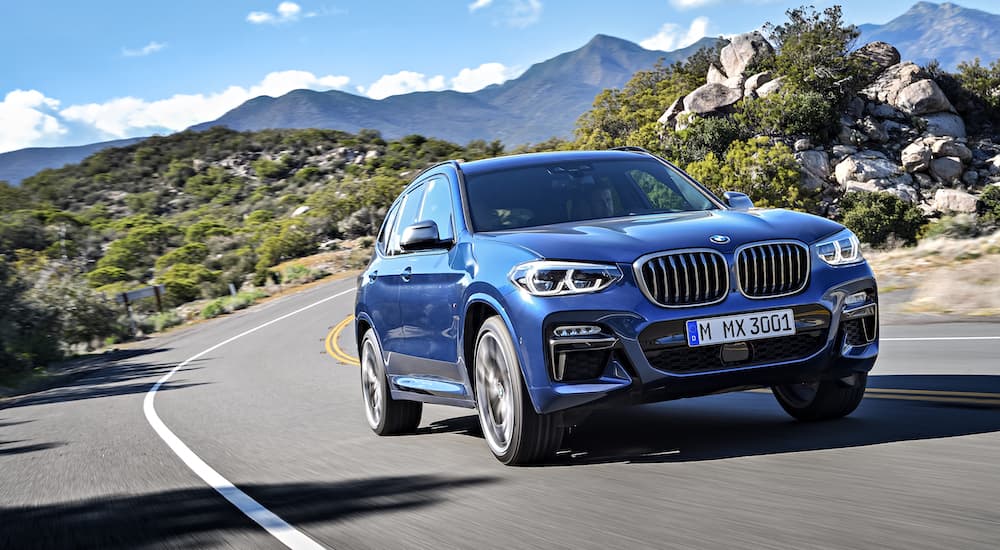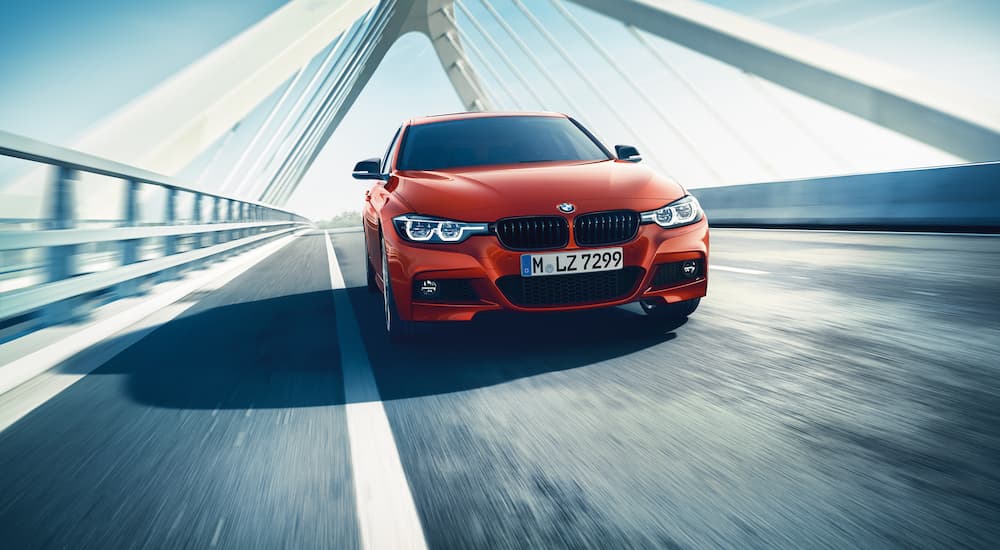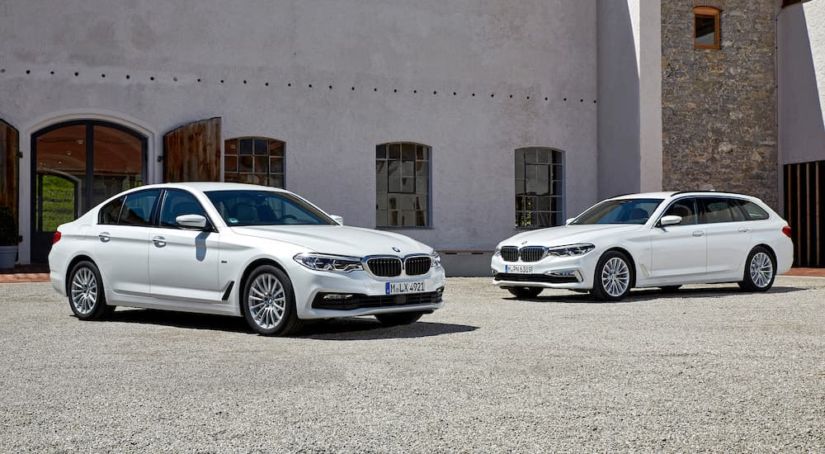While the “Ultimate Driving Machine” might be the definitive luxury car and status symbol, it can also be a major investment that takes years to pay off. Choosing a used BMW is a great way to cut down on some of those costs while still enjoying all the performance, sophistication, and impressive features a BMW has to offer. Going into the process blind, however, can result in mistakes that can end up costing you money or even leave you with regrets that you chose the wrong vehicle for what you really wanted.
A little research ahead of time can help you significantly in the long term and make sure you avoid some potentially costly mistakes. Some of these are things that might apply to any used vehicle out there, like doing research on dealerships, looking at your finances to make sure you can afford the vehicle, and checking the history of any car you want to buy. With a BMW, however, you also have other considerations like what it will do to your insurance rates and how well you can afford long-term maintenance on the vehicle.
Buying a used BMW can afford you a driving experience unlike any other; to be fair, the term “ultimate driving machine” is not misplaced when it comes to how a BMW performs. Just be sure you are ready for everything that comes along with that purchase, both now and in the future. A little time before making a purchase can ensure you get exactly what you want and have no regrets later on.
Tip #1: Research the Dealership
So, this is good advice any time you are buying a vehicle from a dealership, but it can be particularly important with a used BMW. You want to make sure you choose a dealer that has experience handling luxury vehicles like these and with a track record of selling good vehicles. It is also a good idea to choose a dealership with factory trained or certified service staff backed by BMW, rather than another manufacturer.
Getting service for a BMW can be a hassle, since you need someone with training in foreign vehicles and who can order parts when needed. Choosing a dealership with a BMW service center can help cut down on stress and complications later on. It won’t be your cheapest option, but you have to consider how much your potential headaches are worth to you.
Tip #2: Choose Certified Pre-Owned

When looking for a used BMW, you might be tempted to buy one from a private seller who promises the vehicle is in good condition and only driven on the weekends. Don’t do it. Choosing a certified pre-owned BMW will be more expensive than a used model from a guy down the street, but the price is worth it.
A certified pre-owned model is going to be in the best condition possible for a used BMW. Furthermore, it is backed by the manufacturer with additional warranties and coverage that you will not get with any other used model. The difference in price (it’s a luxury car, you know it’s going to be expensive) is nothing compared to the peace of mind you will get knowing you have backing by BMW. Trust me, it’s worth it.
Tip #3: Look at the Vehicle History
Again, this is something you will probably do with any used car, but it is particularly important with a major investment like a BMW. Take a good, long look at the vehicle history report for any used BMW you are interested in buying. Look at what’s there and read between the lines – if there is no collision reported, but bodywork was done, then what’s missing there?
Keep in mind that a vehicle history report tells you about things that were reported, but it is not perfect. Just because you do not see something on a report does not mean it didn’t happen, it simply means it was never reported. Watch for red flags but don’t rely on the report alone.
Tip #4: Pay Attention to Mechanical Issues
When buying a used BMW from a dealership, they are required by law to disclose certain information to you about that vehicle. Be sure to look over that information carefully and watch out for any issues with the mechanical or electrical systems. Ask them what parts might have been serviced or replaced recently and pay attention to problems with things like the cooling system and its components, including the water pump and thermostat. Certain BMWs are notorious for having cooling system failures, so make sure you protect your investment ahead of time.
Tip #5: Take a Test Drive
Vehicle history reports and inspections are great, but nothing quite matches the amount of information you can get from taking a used BMW on a test drive. You’re not looking to just go once around the block here – this is a chance for you to really feel how the vehicle performs and handles. You’ll be tempted to relax and just enjoy the ride – it’s a BMW after all, so it is going to feel good driving it – but focus on driving.
Keep the music off and pay attention to everything about how the car sounds and feels. If you notice any jitteriness or hear weird sounds coming from the engine, bring those issues up to the salesperson. Those can be big warning signs about problems that have not been taken care of properly. If they try to just wave off strange sounds or a weird feel to how it drives, move on to a different dealership that cares about your concerns.

Tip #6: Consider Your Finances
There’s no shortage of blog posts and other articles online talking about the financial risks of owning or buying a BMW, even a used one. And the thing is they have a good point. A used BMW, especially a certified pre-owned model, is still going to be expensive and will be a major investment for most people.
Make sure you can really afford it – not just right now but also down the road. Calculate the down payment and your payments on it for the next few years carefully; be sure you know exactly what kind of interest you’ll have to pay on it. You also need to plan for maintenance on the vehicle – expect the unexpected and make sure that you will be able to pay for it without missing meals or losing sleep over other bills and expenses. No car, not even the ultimate driving machine, is worth that.
Tip #7: Plan for Insurance
When you’re thinking about your expenses and the costs of owning a BMW for the next few decades, don’t forget about your insurance. A BMW is a luxury vehicle, and you will probably have to pay more for insurance coverage on it than other vehicles you have owned. In fact, you might have to change to a different insurance provider since not all of them cover luxury vehicles – these are all things you need to figure out and calculate before you make a purchase.
Owning and driving a BMW truly is a unique experience, one that passionate drivers can appreciate and enjoy for years to come. It’s important that you plan out what owning a BMW will mean for you, however, and make sure you can afford it right now and for the foreseeable future. Take your time, do the research, and make a wise decision on your purchase – then you can actually enjoy your new ride and let others wallow in their envy!



